An interesting story appeared in the Science section of the New York Times a short while back. John Tierney wrote about the virtues of a wandering (daydreaming) mind. Just to clarify, when you’re trying to accomplish one thing and lapse into “task-unrelated thoughts,” that’s mind wandering.
His story included comments from leading researchers, such as Jonathan Schooler and Jonathan Smallwood of the University of California, Santa Barbara’s Memory, Emotion, Thought, Awareness (META) lab.
“People assume mind wandering is a bad thing, but if we couldn’t do it during a boring task, life would be horrible,” Dr. Smallwood says. “Imagine if you couldn’t escape mentally from a traffic jam.”
Dr. Eric Klinger, a psychologist at the University of Minnesota and one of the pioneers of the field, said “There’s an evolutionary advantage to the brain’s system of mind wandering.”
While a person is occupied with one task, the wandering keeps the individual’s larger agenda fresher in mind increasing the likelihood that the other goal pursuits will remain intact and not get lost in the shuffle of pursuing many goals.
Interesting points indeed!
The 2-page article covers a bit of ground including the ties to the creative process.
Dr. Schooler pointed to how it helps “if you go jogging, take a walk, do some knitting or just sit around doodling, because relatively undemanding tasks seem to free your mind to wander productively.”
“For creativity you need your mind to wander,” Dr. Schooler says, “but you also need to be able to notice that you’re mind wandering and catch the idea when you have it. If Archimedes had come up with a solution in the bathtub but didn’t notice he’d had the idea, what good would it have done him?”
Journal Writing: The reason I am a advocate of journal writing is because it gives me an opportunity to clear my head of wandering thoughts first thing in the morning (after my morning coffee & newspapers).
Then I run. If I have more thoughts, they end up on scraps of paper when I get home that get tucked into the journal. Or, if extensive, then I pop that journal back open and do a “More Musings” segment.
I also believe it is helpful to keep a memo pad in the car with a pen/pencil handy. Sometimes a song may trigger thoughts while on a long ride (commute). So when I am somewhere safe (i.e. parked), I’ll jot down a few words that I can expound upon in my journal upon my return.
Schedule Wandering Time: The other major point is to give yourself wandering time. Schedule it if you have to until you establish a regular routine. Wandering time could involve working out… or not. It is, essentially, “me time” with no duties or obligations except to free yourself up to let your mind move freely.
I have wander time first thing in the morning and I schedule it mid afternoon. When in an office environment, I’ve been known to take smokeless, smoke breaks.
*****
So basically, you need to be proactive and somewhat disciplined — which seems like the opposite of what folks may think when the word wandering is used. But creativity just needs a fertile and open mind, not one that is crammed up with To Do items and “matters of consequence.”
A disciplined wandering mind is a really good thing!
###
Photo credit: Dan Heller
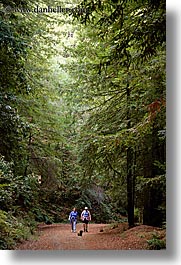



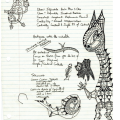

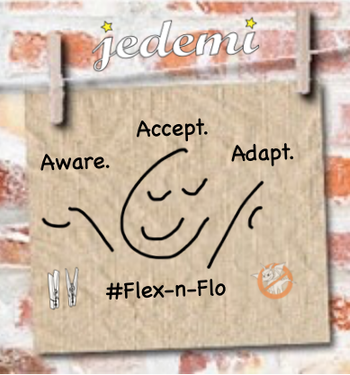

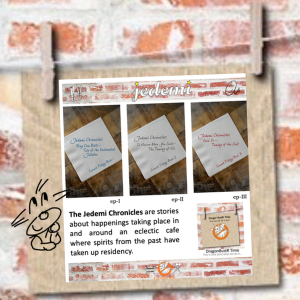
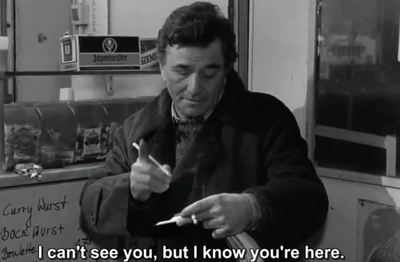


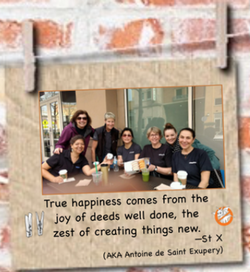

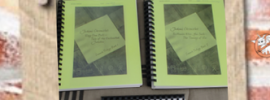




Speak Your Mind